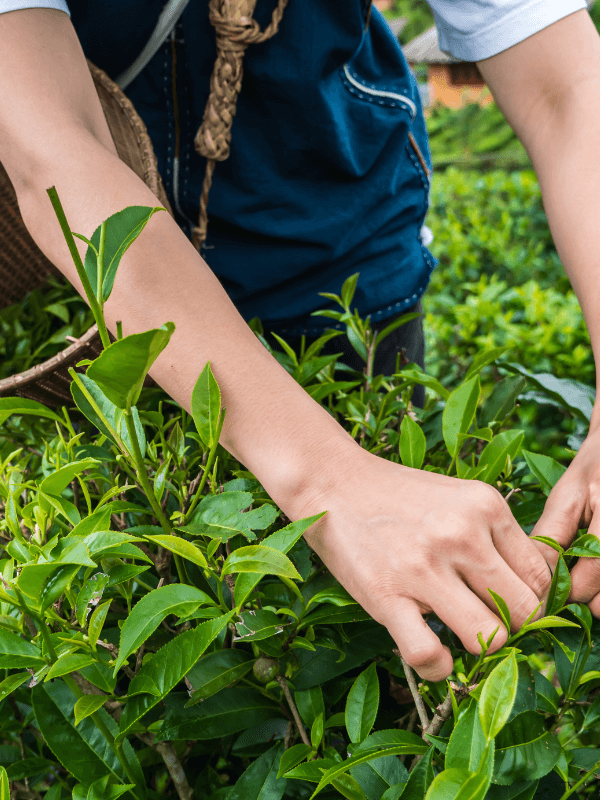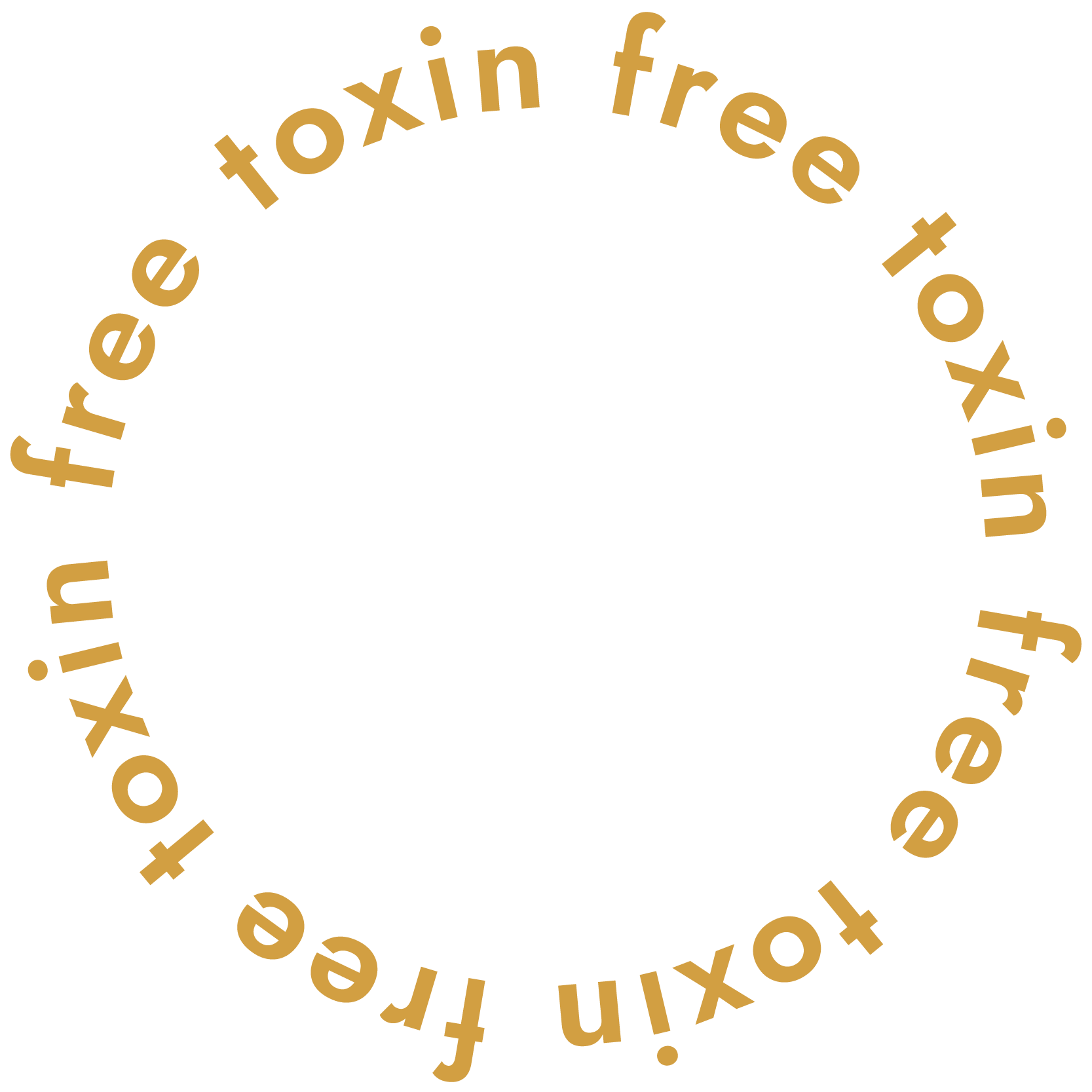Apple Podcasts | Spotify
Your skincare brand might claim to be “clean,” but evanhealy is taking it to an entirely new level by being regenerative organic certified.
In this conversation with Jamie Burkhalter, holistic aesthetician and herbal formulator at evanhealy, we dive deep into the revolutionary concept of regenerative organic certified skincare. While many brands focus on organic ingredients, evanhealy is pioneering a movement that goes beyond basic sustainability. They strive to actively heal the soil, support farming communities, and create products with unprecedented potency and purity.
The difference between organic and regenerative organic is striking. It’s not just about avoiding pesticides but farming practices that enhance soil health, prevent erosion, and create more nutrient-dense plants. Jamie explains how evanhealy works directly with farmers across the globe, from Morocco to Ghana, creating transparent supply chains that honor both the land and the people who tend it. This approach results in products like their whipped shea butter, which maintains its therapeutic properties through careful processing techniques.
In this episode, we also unveil evanhealy’s latest innovation—Irish Sea Moss and Tremella Mushroom Hydrosol Cream—and discuss why their commitment to regenerative practices creates skincare that’s not just clean but truly transformative.
Whether you’re a skincare enthusiast or just beginning your clean beauty journey, you’ll gain a deeper understanding of why how your products are grown matters just as much as their ingredient list.
In today’s episode, we’re chatting about:
- The crucial difference between organic and regenerative organic certification
- Why melting shea butter destroys its therapeutic properties (and what to do instead)
- How evanhealy maintains direct relationships with farmers around the world
- The science behind why regeneratively grown plants create more effective skincare
- Details about their groundbreaking new hydrosol cream featuring mushroom extracts
Organic vs Regenerative Organic Certification
The certifications are really important because that’s where the industry’s going. For evanhealy, it’s a testament to what they’ve been doing all along. In the commercial world, there are two different certifying bodies for regenerative agriculture.
Certified Regenified
Certified Regenified is one certifying body that meets farmers where they’re at. Farmers who are already practicing or willing to adopt regenerative farming practices become certified with them. Evanhealy is Certified Regenified, and evanhealy has many products that feature this label on the packaging.
Regenerative Organic Certification (ROC)
ROC is the other certifying body that uses organic as its starting point, and there are other pillars that you can build on. Evanhealy is in the process of becoming regenerative organic certified. This is a very new certification that not many brands are aware of yet. Evanhealy is one of the first companies to work toward becoming regenerative organic certified.
Certifications are important because we all know what happens with greenwashing and how quickly those buzzwords can become purely a marketing scheme and bureaucracy. Both of these certifications have really high standards and you have to meet these certain standards in order to be able to use their likeness and their claims.
Community and Collaboration
It’s not just about the ingredients or sustainable farming practices. It’s also about building a community and collaborating with farmers.
A lot of farms that are certified regenified or regenerative organic certified are small family farms. They can’t sustain on their own. It has to be a collection and a collaboration of many small farms, villages, cooperatives, people, and communities that come together. That’s the only way this will work. You have to work in collaboration with other brands.
How To Get a Certification
It’s a lot of work to get regenerative organic certified. Transparency and traceability are the two most important factors to getting a certification. You have to be a fully open book to make this work and maintain your certification.
It’s really hard to be a consumer in this environment because, most of the time, the brands buy from big brokers who produce and bring over a ton of this material. You have brands with basic certifications like the USDA organic certification, but that doesn’t get to the heart of how it’s farmed. How is the local community treated? How is the soil quality? How is it produced? How is it manufactured? You just don’t know those things.
That’s why I love, use, and support evanhealy. You know exactly where you’re getting every single ingredient from. The transparency evanhealy represents is so rare and I feel like they set a standard in the industry.
evanhealy Products I Love
Shop the products mentioned in the episode and use this link to save 20% on all evanhealy products:
- Whipped Shea Butter
- Irish Sea Moss and Tremella Mushroom Hydrosol Cream
- Hydrosols (Lemon Thyme / Frankincense / Lavender are my faves)
Book a free consultation with their amazing team of estheticians to help you choose the best products for your skin type.
Related Episodes:
Episode 38: Exploring Gut Health, Raw Milk, Seed Oils & Regenerative Agriculture with Jane Z. from Farm to Future
Episode 76: The Healing Power of Regenerative Farming with Brett Packer from Young Living
Episode 83: Can We Trust All-Natural Labels? Exposing Synthetic Preservatives in Skincare
Episode 84: A Holistic Skincare Breakdown For Every Age Group with Jamie Burkhalter of evanhealy


+ show Comments
- Hide Comments